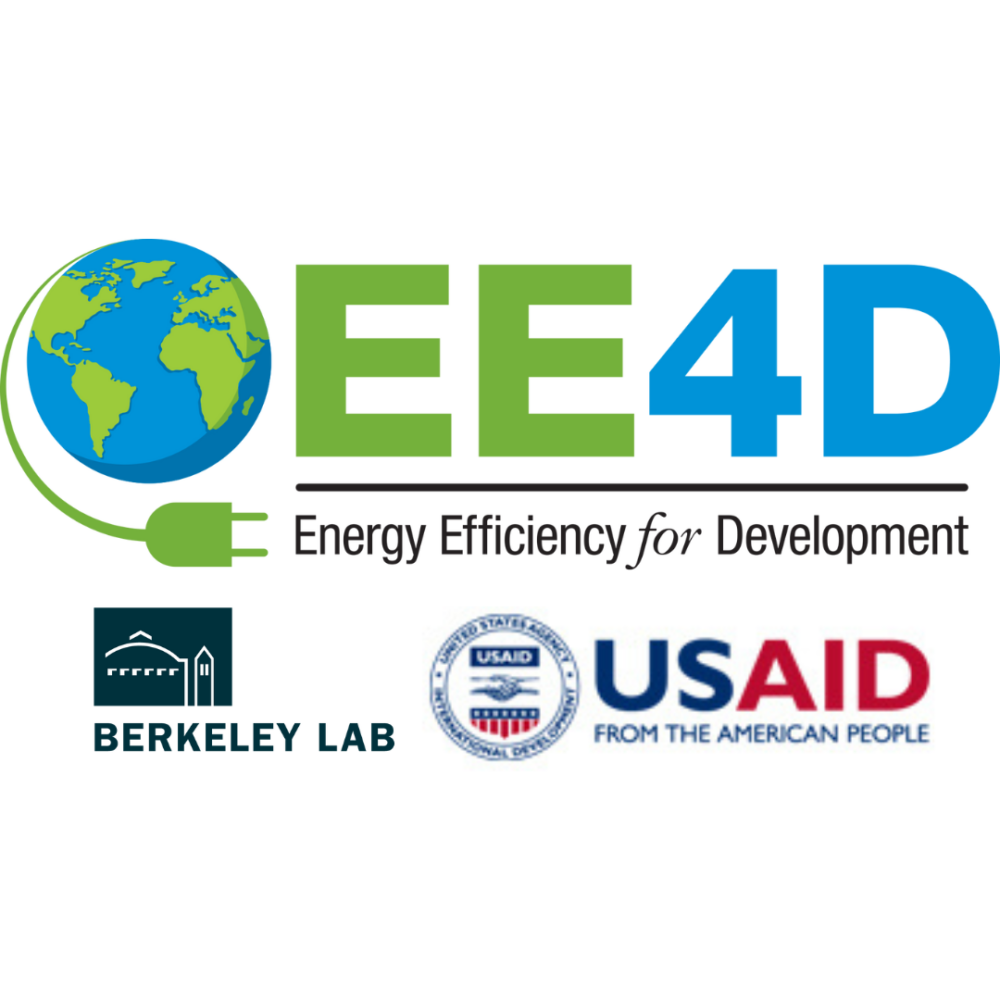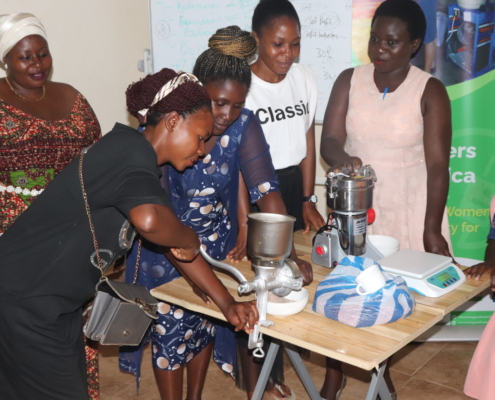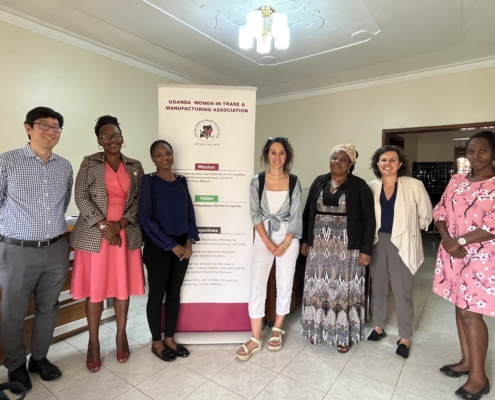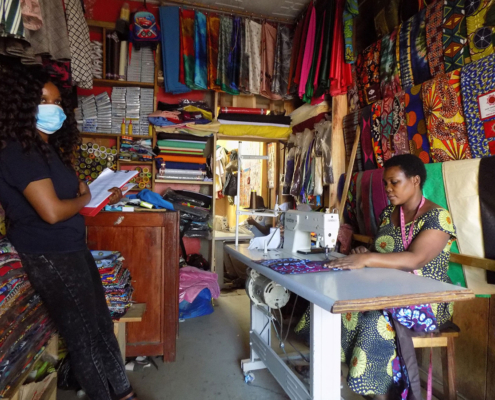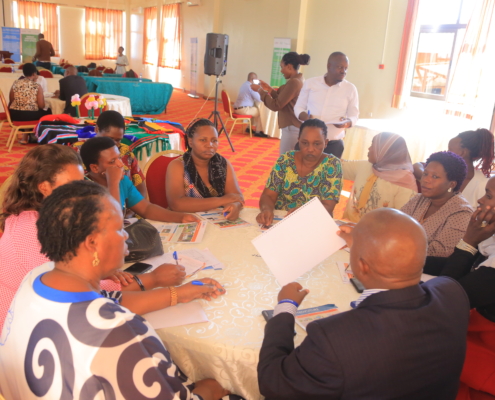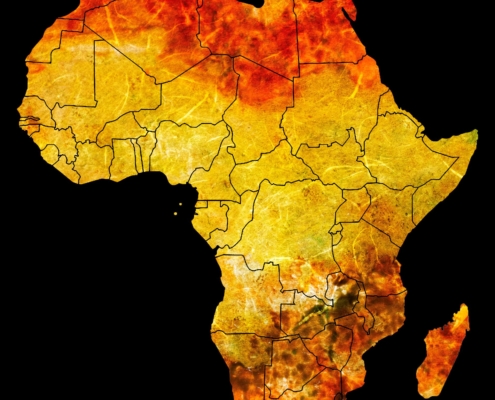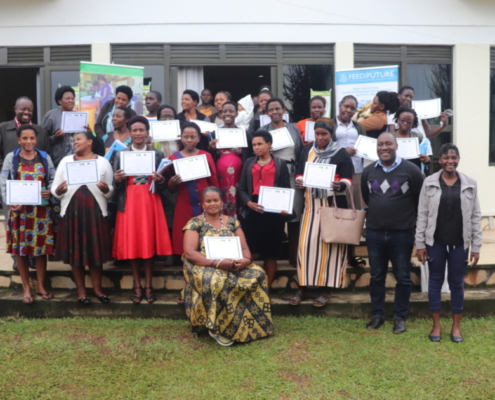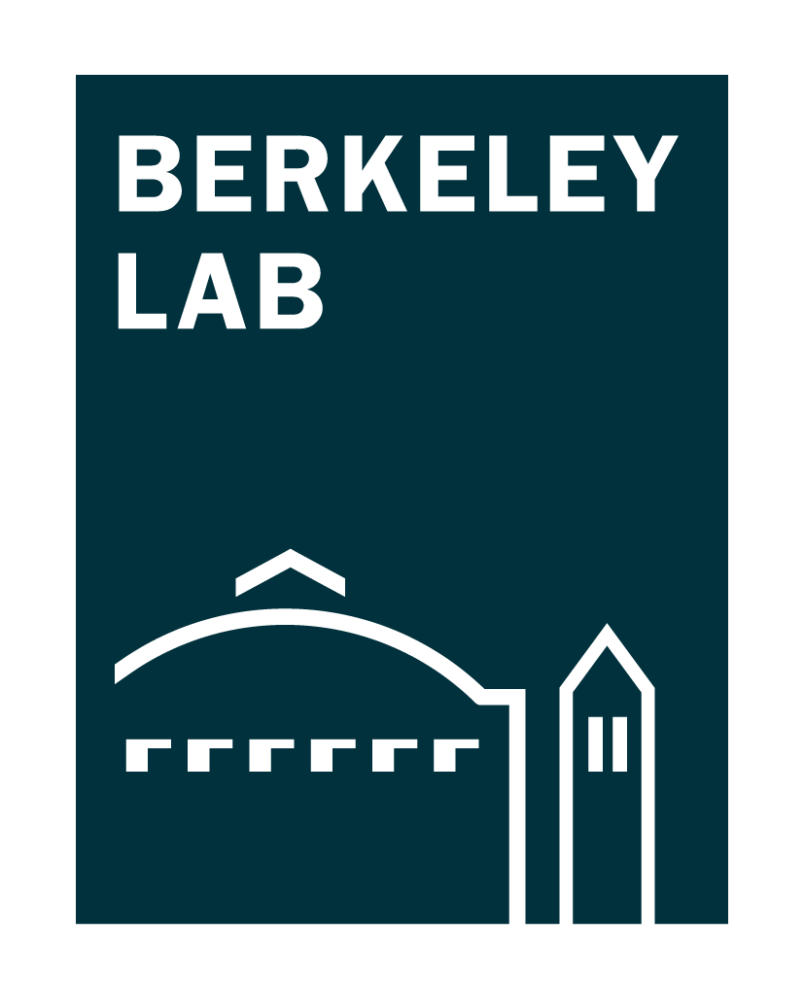 https://ee4d.org/wp-content/uploads/sites/40/2024/03/Screenshot-2024-03-06-at-9.48.26 AM.png
1190
2842
maryweigel
https://ee4d.org/wp-content/uploads/sites/40/2024/04/Untitled-design-1000x1000.png
maryweigel2024-03-06 17:49:082024-03-15 16:34:38Watch: Virtual Launch of Uganda’s Efficient Productive Use of Energy Chapter
https://ee4d.org/wp-content/uploads/sites/40/2024/03/Screenshot-2024-03-06-at-9.48.26 AM.png
1190
2842
maryweigel
https://ee4d.org/wp-content/uploads/sites/40/2024/04/Untitled-design-1000x1000.png
maryweigel2024-03-06 17:49:082024-03-15 16:34:38Watch: Virtual Launch of Uganda’s Efficient Productive Use of Energy ChapterEnergy efficiency standards and labeling implementation
Berkeley Lab, through the Energy Efficiency for Development (EE4D) program partnership with USAID, is engaging with Uganda’s Ministry of Energy and Mineral Development (MEMD) to assist in the implementation of energy efficiency standards and labeling (EES&L).
This collaboration builds on previous engagement to develop an Energy Efficiency Roadmap and assess the energy efficiency potential of the country.
Energy efficiency potential requires the establishment of enabling policies to realize. Chief among these is the establishment of energy efficiency standards and labeling (EES&L) that allow recognition of energy performance in the market, help consumers make informed purchasing decisions, remove inefficient technologies from the market, and avoid dumping of older, less-efficient technologies from more advanced economies.
In this project, EE4D is working with MEMD to establish regulations on the energy performance of refrigerators. Refrigerators are the largest source of energy consumption of urban households after lighting and access to cooling through refrigeration also contributes to achieve the UN sustainable development goals associated with two main themes: food and agriculture and health services.
Activities
Energy Efficiency Roadmap
The Energy Efficiency Roadmap showed that an energy saving potential of 310 MW was possible at a cost lower than the current supply of electricity. This energy potential represents twice the capacity of the Isimba dam, whose construction cost is estimated at US$567.7 million[1].
The Roadmap prioritizes recommendations for implementing energy efficiency and maximizing benefits to meet the goals and priorities established in Uganda’s 2015 SEforALL Action Agenda. One important step is to create and increase demand for efficiency through long-term enabling policies and financial incentives combined with development of technical expertise in the labor force to allow for the promotion of new business models, such as energy service companies. A combination of enabling policies, financial schemes, regulations, enforcement, and skill development are needed to open the energy efficiency market.
Technical and regulatory gap analysis
The goal of this activity is to take stock of current national and regional policy development linked with establishing Minimum Energy Performance Standards (MEPS) in order to prioritize technical assistance actions
Cost Benefit analysis
This task will assess the range of energy performance of refrigeration equipment and provide recommendations for setting MEPS. It will also provide the rationale and inform stakeholders about the benefits of developing energy efficiency standards. The activity will also include training on the Policy Analysis Modeling System tool (PAMS).
Policy Development
EE4D will work with MEMD to identify complementarity programs such as awareness campaign and financial incentives to increase penetration of more efficient equipment in purchasing decision.
Outcomes
Expected outcomes include benefits to both the consumer and the grid through (1) reduced electricity bills and increased access to refrigeration and (2) demand stimulation due to increased affordability. Additionally, efficient refrigeration contributes to improving livelihood and gender equality by reducing women poverty and fostering productive use of refrigeration in retail micro-businesses, where women are the main labor force in Uganda.
